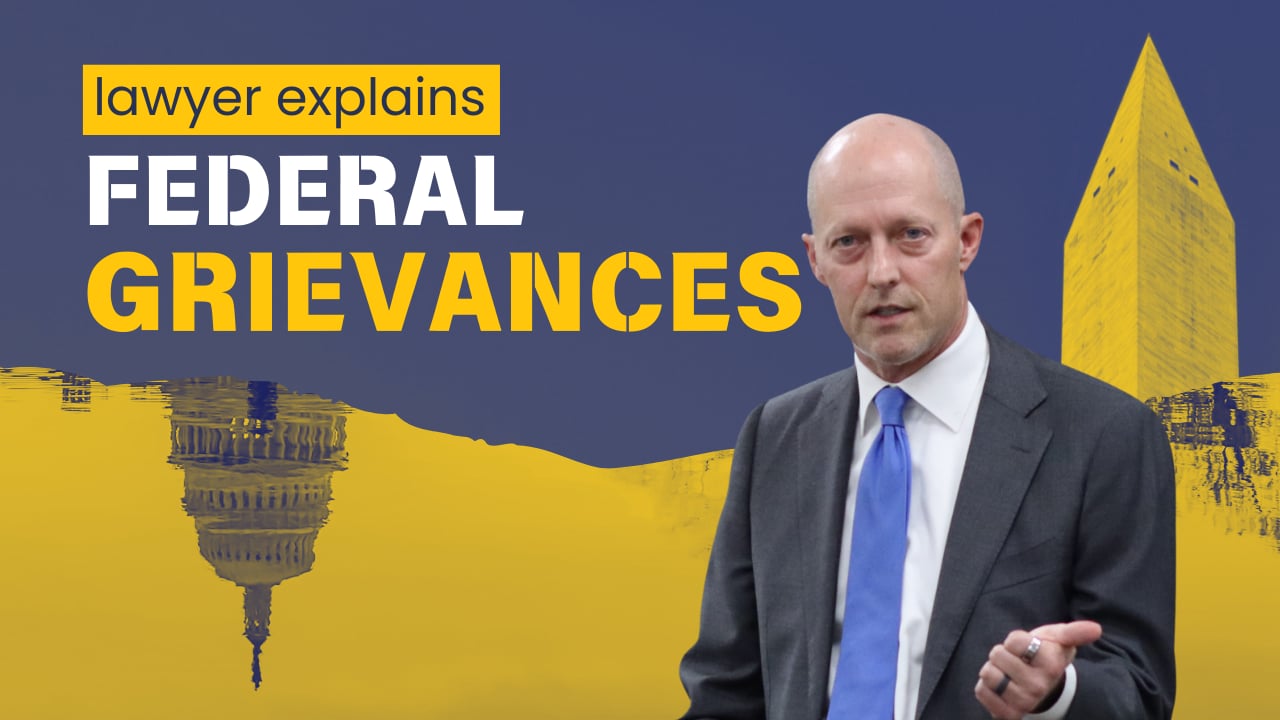Have questions about your potential legal case? Our Legal Leverage program has you covered!
 Deciding to have a sexual relationship with your boss is normally a bad idea. It can result in problems in the workplace, both with co-workers and with your supervisor, who may just be exploiting you. Things can go especially sour when the sexual relationship stops but the employment relationship continues and the employee suffers retaliation as a result.
Deciding to have a sexual relationship with your boss is normally a bad idea. It can result in problems in the workplace, both with co-workers and with your supervisor, who may just be exploiting you. Things can go especially sour when the sexual relationship stops but the employment relationship continues and the employee suffers retaliation as a result.
If the employee feels pressured into having sex to receive workplace favors (or just to be treated like everyone else), it could be considered sexual harassment. Whenever one partner has power over the other at work, the relationship is inherently unequal, and any sexual relations can be seen as non-consensual. But under sexual harassment law, the focus isn’t so much on typical consent as it is whether advances made by the supervisor were “welcome” by the employee.
An important issue when it comes to welcomeness is the age of the employee. In a Texas case, where the age of consent is 18, an employer was found liable for sexual harassment and sexual assault when the manager engaged in sex with a 16-year-old employee.
0Restaurant Manager Manipulates Employee
The victim, whose name wasn’t released because of the nature of the allegations, was 16 when she started working at a Houston Chipotle in 2013, according to CNN. She alleged that within weeks of starting work, her 26-year-old assistant manager, Gerardo Solis, began “accidentally” touching her breasts. By the summer of 2014, Solis was regularly touching her sexually. The two were having unprotected sex “at the restaurant dumpster, in the restroom, in the office and other places,” the victim claimed.
The plaintiff’s mother stated that she told Solis’s boss, the general manager, about the incidents, but he did nothing to end the relationship. The lawsuit alleged that the general manager instead tried to cover up what was going on. The mother alleged that one time when she showed up to pick her daughter up from work, she discovered that her daughter and Solis were missing. The general manager begged her not to call the police.
The complaint further described a hostile work environment for women, where the two managerial employees “would have sex, kiss, hug, sexually touch and pursue intimate relationships” with female employees. Comments about the breasts and butts of female workers and customers were common.
Chipotle tried to portray the relationship as happening outside the workplace, but there was evidence that the two engaged in sex in a number of locations, including at work. Solis allegedly removed the girl from her shift early to engage in sex in a nearby park, “depriving her of earnings and abusing her,” according to the lawsuit.
The jury took about 3.5 hours to award the plaintiff $7.65 million in damages after the September 2016 trial. This is one of the largest awards of its kind in Texas. Chipotle and two managers were found liable for Solis’s sexual assaults on the plaintiff. Solis himself was not at the trial and is believed to have left Texas for Mexico, seeking to avoid related criminal charges.
Are Sexual Advances by a Supervisor “Welcome”?
 One of the key components of a sexual harassment case that a plaintiff needs to prove is that sexual or romantic advances by a supervisor were not welcome. In other words, the employee must demonstrate that she was not interested in the relationship. Instead, the employee must show that she felt threatened or uneasy and that the workplace became hostile because of the advances.
One of the key components of a sexual harassment case that a plaintiff needs to prove is that sexual or romantic advances by a supervisor were not welcome. In other words, the employee must demonstrate that she was not interested in the relationship. Instead, the employee must show that she felt threatened or uneasy and that the workplace became hostile because of the advances.
In Meritor Savings Bank v. Vinson, the U.S. Supreme Court considered the issue of how a sexual relationship between a bank teller and a bank manager fit into a sexual harassment claim. The plaintiff, the teller, maintained that there was a sexual relationship with her manager, but it was nonconsensual because she feared she would lose her job if that relationship ended. The manager asserted that their relationship was consensual, and the trial court agreed. The case was dismissed and appealed.
In its opinion, the Supreme Court ruled that the fact that sex-related conduct was “voluntary,” where the plaintiff didn’t participate against her will, was not a defense to a sexual harassment lawsuit brought under Title VII. The key to a sexual harassment claim is whether the alleged sexual advances were “unwelcome.” The district court improperly focused on the “voluntariness” of the plaintiff’s relationship. Instead, it should have focused on whether she, by her conduct, showed that the alleged sexual advances were unwelcome. Whether her actual participation in sexual intercourse was voluntary was not at issue.
Though ”voluntariness” is not a defense to sexual harassment, the allegations that the plaintiff engaged in sexually provocative speech or dress are relevant when determining whether she found any sexual advances unwelcome. The trier of fact needs to decide whether sexual harassment occurred in light of “the record as a whole” and “the totality of circumstances, such as the nature of the sexual advances and the context in which the alleged incidents occurred.” 29 C.F.R. § 1604.11(b).
Summing It Up
If you’re involved in a sexual relationship with a supervisor at work, then pay attention to these facts.
- If you intend to file a sexual harassment lawsuit, you would need to show that despite the relationship, the supervisor’s advances were not “welcome.”
- If you break off the sexual relationship and continue to work with the supervisor, but he or she continues to pursue sex and you suffer if you don’t comply, you may have a claim for retaliation and sexual harassment.
- If the sexual relationship is no longer consensual, though it was at one point, and you are being physically forced to have sex, you could file both criminal and civil charges against your supervisor.
If you find yourself in such a relationship and want to know your legal rights, contact our office so we can talk about your situation and advise you of the relevant laws and how they may apply to your case.





